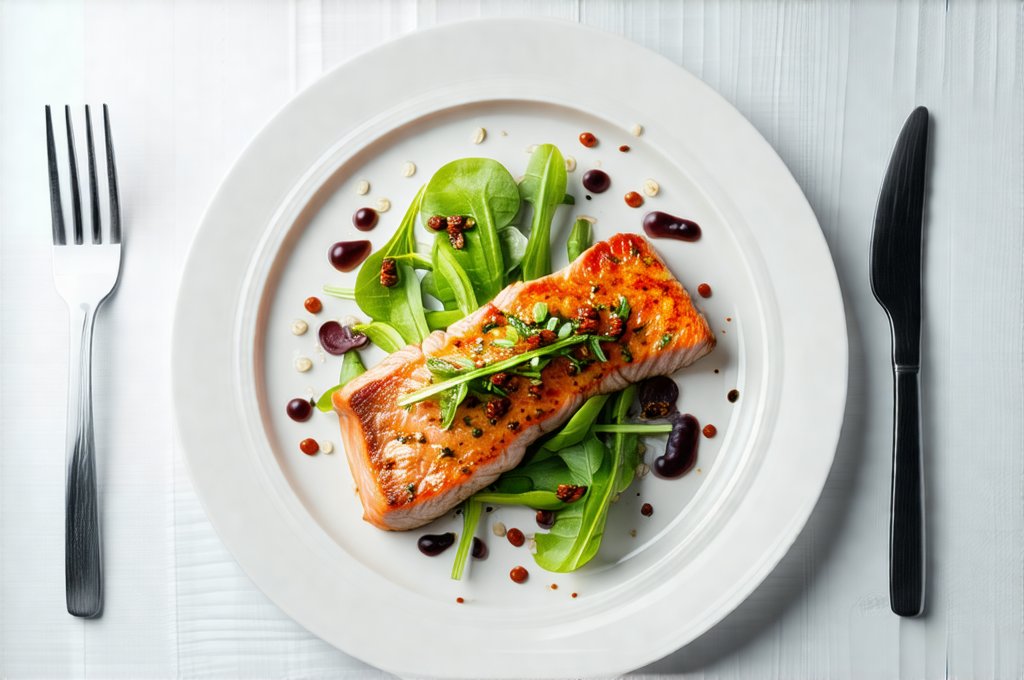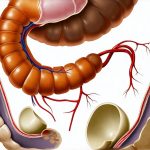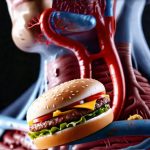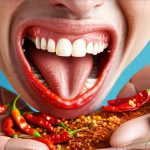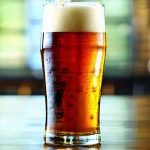Gastroesophageal reflux disease (GERD), commonly experienced as heartburn, impacts millions worldwide, significantly affecting quality of life for many. While dietary choices are often pinpointed as the primary culprit – spicy foods, caffeine, alcohol – a frequently overlooked factor is how we eat, not just what we eat. The speed at which we consume our meals has a profound influence on digestion and, consequently, the likelihood and severity of GERD symptoms. Many individuals unknowingly exacerbate their reflux by simply eating too quickly, creating a cascade of physiological events that overwhelm the body’s natural defense mechanisms against acid backflow. Understanding this connection is crucial for effective management of GERD and improved digestive health.
The human digestive system is designed to process food at a certain pace, allowing sufficient time for each stage – from chewing and initial breakdown in the mouth, to stomach churning and eventual nutrient absorption in the small intestine. When we rush through meals, we disrupt this carefully orchestrated process. This leads to incomplete digestion, increased pressure within the abdomen, and ultimately, a higher chance of stomach acid flowing back into the esophagus. It’s not simply about avoiding trigger foods; it’s about respecting the digestive timeline your body needs to function optimally. A mindful approach to eating speed can be a surprisingly effective component of any GERD management strategy. If you find yourself wondering why some days you feel worse despite the same diet, this could be a factor.
The Physiology of Fast Eating and Reflux
The link between eating quickly and experiencing GERD isn’t merely anecdotal; it’s rooted in physiological mechanisms. When you eat rapidly, several things happen simultaneously that contribute to reflux. First, the act of chewing is often curtailed – food particles are larger and less broken down than they should be. This forces the stomach to work harder during digestion, increasing acid production. Second, gulping down food leads to a greater volume of air being swallowed along with it (aerophagia). This excess air expands the stomach, raising intra-abdominal pressure. Finally, rapid eating often means larger meal sizes – another factor that escalates abdominal pressure and increases the risk of reflux.
This increased abdominal pressure directly impacts the lower esophageal sphincter (LES), the muscular valve at the bottom of the esophagus that prevents stomach acid from flowing upward. The LES relies on a combination of factors to maintain closure, including muscle tone and intra-abdominal pressure balance. When pressure overwhelms the LES, it’s more likely to open inappropriately, allowing acidic contents to creep up into the esophagus. It’s important to note this isn’t about having a “weak” LES necessarily; it’s about overwhelming its capacity to remain closed under stress.
Furthermore, fast eating can impair the natural digestive processes that protect against reflux. A slower pace allows for proper enzyme secretion and mixing of food with gastric juices, creating a more efficient and less stressful digestion process. When you eat quickly, these processes are truncated, leading to undigested food remaining in the stomach longer – prolonging acid production and potentially exacerbating symptoms. The body’s natural mechanisms struggle to keep up when faced with an influx of poorly processed food. Understanding enzyme deficiency can also offer insights into these issues.
Understanding Digestive Stages & Timing
The digestive system operates on a tiered timeline, each stage relying on the previous one for optimal function. Here’s a breakdown illustrating how fast eating disrupts this:
- Cephalic Phase: This begins even before food enters your mouth! It’s triggered by the sight or smell of food and prepares the body for digestion by releasing saliva and gastric juices. Fast eaters often bypass this crucial preparatory stage.
- Gastric Phase: Food arrives in the stomach, where it’s churned and mixed with digestive enzymes. A slower pace allows for adequate mixing and breakdown of food particles. Rapid eating overwhelms this phase, leading to incomplete digestion.
- Intestinal Phase: Partially digested food moves into the small intestine for nutrient absorption. The speed of this stage depends on proper gastric emptying – something hampered by rushed meals.
Ideally, each stage should take a reasonable amount of time. A general guideline is approximately 20-30 minutes per meal. Eating in under 15 minutes significantly accelerates the process and increases the risk of digestive distress. Prioritizing mindful eating, which includes slowing down, chewing thoroughly, and savoring your food, is essential for supporting healthy digestion. To learn more about incorporating this into daily life, consider how to eat peacefully.
The Role of Chewing & Food Breakdown
Chewing isn’t just about making food smaller; it’s the first step in enzymatic breakdown. Saliva contains amylase, an enzyme that begins breaking down carbohydrates. Thorough chewing significantly increases surface area, allowing amylase to work more effectively and reducing the burden on the stomach. When you eat quickly, you bypass this critical initial stage, forcing your stomach to handle larger, less processed food particles.
This incomplete breakdown leads to several consequences: increased acid production as the stomach struggles to digest harder-to-breakdown foods, longer gastric emptying time (undigested food stays in the stomach longer), and greater potential for fermentation and gas production. Fermentation creates bloating and discomfort, while also potentially contributing to pressure on the LES. Chewing each bite thoroughly – aiming for 20-30 chews per mouthful – is a simple yet powerful strategy to improve digestion and reduce GERD symptoms. This can significantly impact fast eating’s consequences.
Mindful Eating Techniques & Practical Tips
Adopting mindful eating practices can dramatically alter your relationship with food and improve your digestive health. Here are some strategies:
- Eliminate Distractions: Turn off the TV, put away your phone, and focus solely on your meal.
- Slow Down Your Pace: Consciously eat smaller bites and take pauses between mouthfuls.
- Chew Thoroughly: Aim for 20-30 chews per bite. Pay attention to the texture and flavor of your food.
- Sit Upright: Avoid lying down or slouching while eating, as this increases pressure on the abdomen.
- Portion Control: Smaller portions are easier to digest and less likely to overwhelm the digestive system.
- Hydrate Appropriately: Drink water between bites, but avoid excessive fluid intake during meals, which can dilute stomach acid.
Beyond Speed: Meal Size & Composition
While eating speed is a crucial factor, it’s intertwined with other aspects of meal composition and size. Large meals inherently put more pressure on the LES, regardless of how quickly you eat them. Combining rapid eating with large portions creates a ‘perfect storm’ for reflux. Similarly, certain food choices can exacerbate symptoms when consumed quickly. High-fat foods, for example, take longer to digest and can delay gastric emptying, increasing the risk of acid backflow.
The composition of your meal also plays a role. Meals high in fiber tend to promote slower digestion, while those dominated by processed foods may be digested more rapidly but offer less nutritional value and potentially contribute to inflammation. A balanced diet with adequate fiber, lean protein, and healthy fats is essential for overall digestive health. It’s not just about avoiding trigger foods; it’s about building a dietary foundation that supports optimal digestion. The impact of stress on the entire process shouldn’t be underestimated either.
Ultimately, managing GERD requires a holistic approach – addressing both what you eat and how you eat. Slowing down your eating pace, combined with mindful portion control and thoughtful food choices, can significantly reduce the frequency and severity of reflux symptoms. This proactive approach empowers individuals to take control of their digestive health and improve their overall well-being. If you are consistently experiencing issues, it is important to understand how GERD affects other parts of your body too. And finally, remember are you eating too late?

